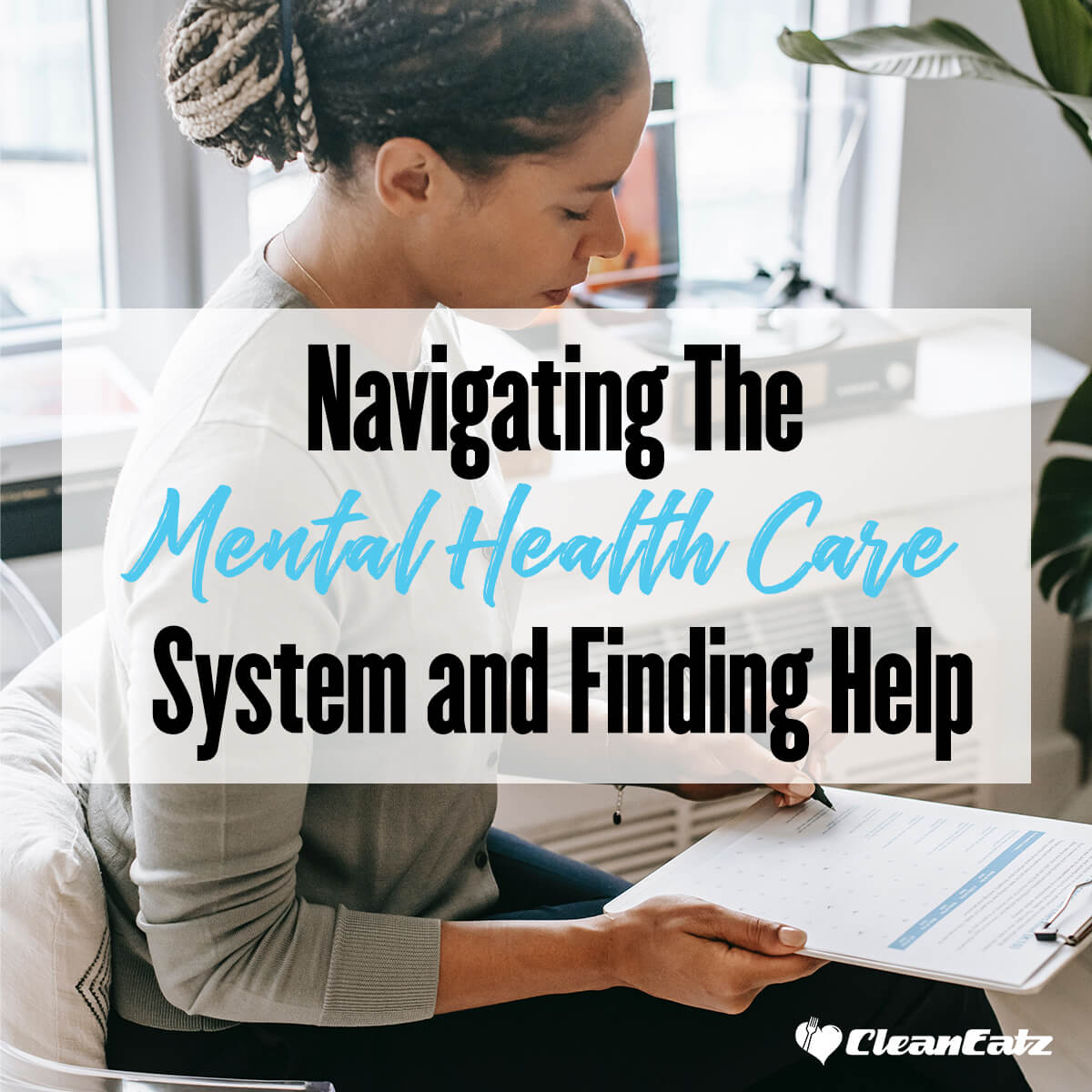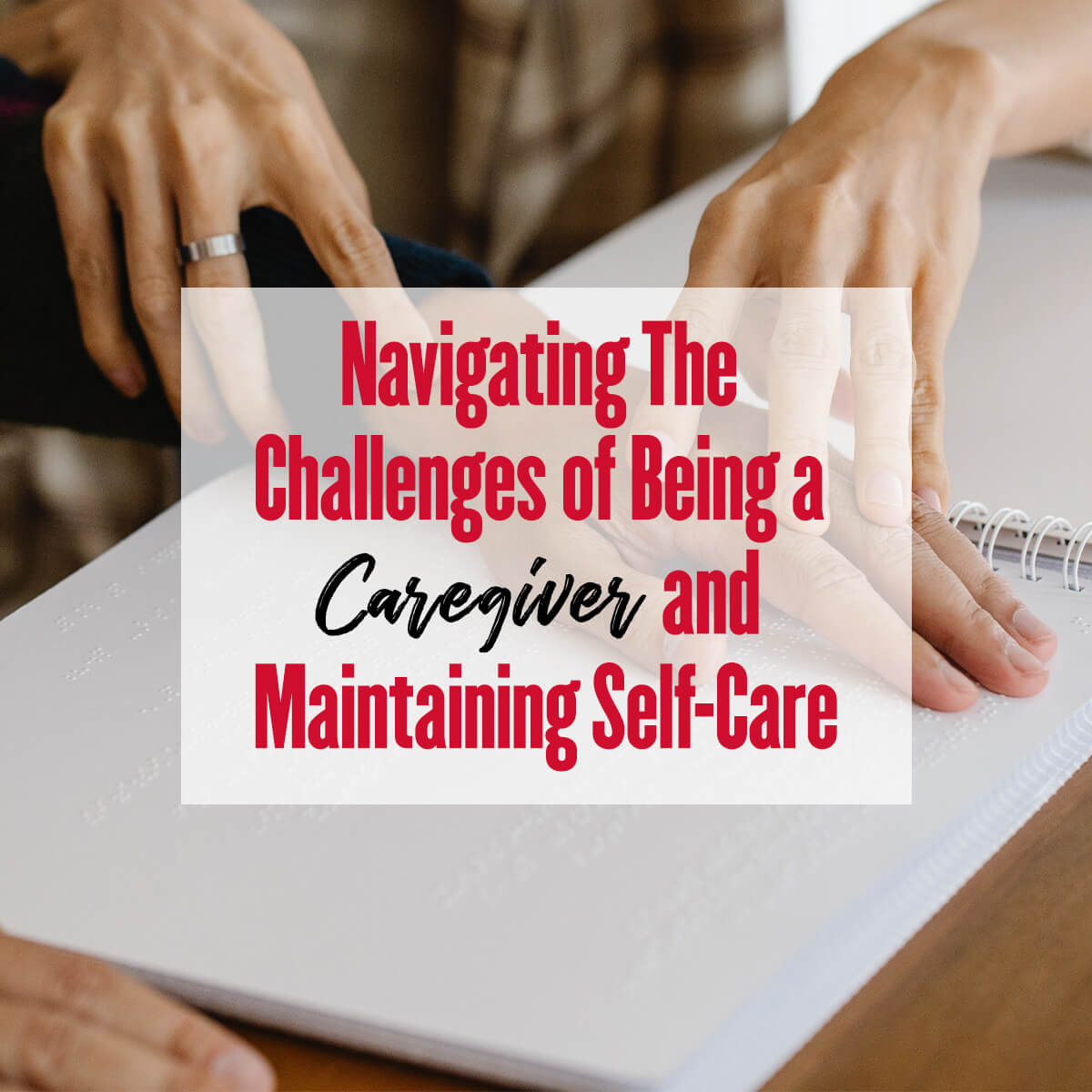
Navigating The Mental Health Care System and Finding Help
Jason Nista
Mental Health
11 minute read
When it comes to your mental health, help can seem hard to find. With so many different types of care available, it can be overwhelming to figure out which option is best for you. Whether you’re new to the mental health care system or have been dealing with this for a long time, navigating the health care system can be challenging.
The good news is that you are in control of your journey and don’t need to feel overwhelmed and powerless. In this article, we’ll provide the roadmap you need to reclaim control and make informed decisions about your mental health care journey. From understanding insurance coverage to finding support and building a treatment team, we’ll help you break down the barriers that stand between you and the help you need.
What to Expect When Seeking Mental Health Treatment
When you're looking to get help with your mental health, it's important to have an understanding of what to expect from the process. Navigating the mental health care system can be tricky, and it may feel like there are too many variables for you to keep track of. But don't worry—we'll walk you through the basics and arm you with the tools you need to find a good fit for your individual needs.
First things first, you'll want to decide on the type of provider or setting that works best for you. Do some research about local providers and explore different options like psychiatrists, psychologists, counselors, or even virtual therapies. You'll also want to consider if in-person appointments or remote sessions will work best for your lifestyle.
Once that's decided, come up with a list of questions that will help guide your initial conversations with prospective providers. What sorts of treatments do they offer? How long is an average session? What is their availability like? Make sure they take your insurance before committing to any appointments.
Finding a Professional Mental Health Care Provider
Once you have determined you need help, the next step is to find yourself a professional mental health care provider to work with. This can seem daunting, especially if you're starting from scratch. Here are a few tips to get you started:
- Talk to your primary care physician: They may be able to refer you to a specialist or provide some valuable advice for your particular needs.
- Do your research: Check online ratings and reviews for providers in your area, and read up on the qualifications of the person or team of people you might be working with.
- Ask questions: You should feel comfortable talking openly about any concerns or questions with your provider beforehand, even if it feels uncomfortable at first. You want to make sure that the provider is able to give the type of help that meets your needs.
- Find an advocate: If you don't have anyone in your life who can provide emotional support during this process, consider finding an advocate who can speak on your behalf and help guide you on the path toward recovery.
Understanding Insurance Coverage for Mental Health
Navigating the mental health care system isn't always easy. Insurance can be confusing and finding quality providers who take your insurance and accept patients can be even more difficult. Understanding your insurance coverage is key to getting the help you need in a timely manner.
Research Insurance Details
It’s important to research insurance details in order to understand what is covered, which mental health services are available, and what kind of restrictions might exist. Research the definitions of coverage, look into relevant laws and regulations in your state and double-check any information you can find online or receive from providers.
Ask Provider Questions
Once you have done your research, it’s possible to ask specific questions to providers related to insurance details as well as other important topics such as:
- What is the cost of services?
- Are there any limits on how often treatment can occur?
- Is a referral required for treatment?
- Are there any restrictions on the types of treatments covered?
- Are there exclusions that won't be covered by insurance?
By doing your research ahead of time and asking questions that you have prepared, you can be better informed when it comes time to make decisions related to getting mental health care.
Overcoming the Stigma of Seeking Help
It’s no secret that many of us don't want to admit we need help — for fear of being judged or labeled. But it’s important to remember that seeking help for your mental health is nothing to be ashamed of, and it's okay to speak up.
Talk about it
The more we talk about mental health, the more normalized the topic becomes. Don't let fear take away your power; try talking about it with someone who can understand. Connecting with a therapist or counselor isn't just helpful — it can also be life-changing.
Reach out
If you're feeling overwhelmed, take a step back and reach out to those around you: family, friends or colleagues could provide invaluable support in helping you better understand your mental health so you can make informed decisions.
Know your rights
Do some research on the mental health resources available in your area and familiarize yourself with any relevant laws and regulations so you know what you are entitled to. It's also essential that you have a clear understanding of your insurance coverage — so it's slim pickings when it comes time to pay for services.
Finding help for mental health issues doesn't have to feel overwhelming — but it does require an active effort to create your own support system. The process is unique to each individual, and it's not always easy, but it’s worth it. Taking the time to explore your own needs and seek out professionals who can understand and address them is essential to reclaiming control over your mental health.
If you want to put in even more effort for your mental well-being, then you’re highly recommended to identify and follow a suitable diet plan for yourself. Clean Eatz Kitchen offers a huge variety of some of the healthiest and most delicious meal plans that fuel your body with nutrients that are essential for your overall mental well-being.
What Are the Benefits of Therapy?
Asking for help can be one of the hardest things to do—but it can also be one of the most beneficial. Therapy offers a chance to reflect on your life and get insight from someone with specialized expertise.
There are many benefits of talking to a therapist, but three big ones are:
- Improved communication skills: Counselors can help you develop the ability to communicate more effectively in all aspects of your life.
- Stress relief: Whether it's work, relationships, or something else, counseling allows you to work through your stressors and feel better.
- Increased self-confidence: A counselor can provide support and validation as you work on areas of self-improvement and boost your overall confidence.
By seeking therapy, you’ll have the opportunity to become more aware of yourself and will be able to uncover what’s really going on beneath the surface, ultimately setting you up for long-term success.
Steps to Finding the Right Therapist
When it comes to finding the right therapist for you, there are a few steps you should consider taking.
First, consider what kind of therapy you're looking for; do some research on the different types and find one that fits your needs. From cognitive-behavioral therapy to psychodynamic psychotherapy to interpersonal therapy, there are plenty of options to choose from!
Next, think about what qualities are important to you in a therapist—are they someone who listens attentively and is personable? Are they experienced and knowledgeable? Do they have an approach or philosophy that resonates with you?
Once you have a general idea of what your ideal therapist looks like, start searching for one in your area. Talk to friends or look online for therapists in your zip code; make sure to read reviews and do your due diligence before making an appointment.
Finally, set up a consultation with the therapists you're interested in. Make sure to take notes during the session and ask questions—this is a good way for you to get an idea of whether this person is going to be a good fit for your needs.
Common Types of Therapy
Another major benefit of seeking therapy is that you have access to a variety of therapeutic approaches and interventions. The type of therapy that you choose should depend on your individual needs, goals, and preferences. Some of the most common types of therapy are:
Cognitive Behavioral Therapy (CBT)
Cognitive behavioral therapy helps individuals better understand and manage their thoughts and behaviors. In CBT, the therapist will help you identify any irrational thoughts or behaviors, and suggest helpful strategies to address them.
Psychodynamic Therapy
Psychodynamic therapy explores past experiences and how they impact current behavior in order to gain self-awareness. With this approach, the therapist’s role is to help bring unconscious conflicts to the conscious mind in order to allow healing to occur.
Interpersonal Therapy (IPT)
IPT focuses on helping people improve their communication with others. This type of therapy is focused on resolving interpersonal issues, such as relationship conflict or grief, with the goal of helping clients develop better relationships.
Family Therapy
Family therapy helps address family dynamics in order to improve communication between family members. This type of therapy often includes both individual sessions as well as joint sessions involving the entire family unit. The goal is to understand each family member’s perspective and foster more effective communication among them all.
The right therapist for you will be able to utilize any number of these therapeutic approaches in order to best meet your needs as an individual or family unit—so be sure to ask potential therapists about their experience in different types of therapeutic modalities!
What to Do When a Loved One Needs Help
Listening and Being a Source of Emotional Support
Being a source of emotional support for your loved one is one of the most important things you can do for them. Active listening is a key part of providing emotional support. This means truly listening to what your loved one has to say without judgment or interruption. Show them that you care and that you are there for them. Encourage them to talk about their feelings and validate their experiences. Be patient and understanding.
Tips for Providing Practical Support
In addition to emotional support, providing practical support, such as assisting with daily tasks, accompanying them to appointments, and offering transportation, can be incredibly helpful when dealing with grief. Moreover, you can play a role in their self-care journey by helping them make healthy meals and exercise. This may also involve exploring options like meal plan delivery services that can simplify their nutritional needs during this challenging time. Offer to research treatment options and help them navigate the healthcare system, demonstrating your commitment to their well-being. Remember that practical support not only lightens their load but also conveys your care and willingness to go the extra mile to help them through their grief.
Final Thoughts
Therapy can help with improved communication skills, stress relief, and increased self-confidence. The kind of therapist you need depends on the kind of therapeutic approach that you prefer. The four major kinds of therapies include Cognitive Behavioral Therapy, Psychodynamic Therapy, Interpersonal Therapy, and Family Therapy. You can choose to have online or in-person therapy, with each having its own characteristics and benefits.
FAQ
What is the role of therapy in personal growth and self-awareness?
Therapy fosters personal growth and self-awareness by encouraging individuals to explore their thoughts, feelings, and behaviors. It provides valuable insights, helping people make positive changes in their lives, set goals, and achieve a greater sense of self-fulfillment.
How long does therapy typically last to see the benefits?
The duration of therapy varies based on individual needs and goals. Some people may see significant benefits in just a few sessions, while others may choose to engage in therapy for an extended period. The effectiveness of therapy depends on factors like the individual's commitment, the nature of their concerns, and their therapist's approach.
Can therapy help with specific mental health issues like PTSD or OCD?
Yes, therapy is highly effective in treating specific mental health issues such as Post-Traumatic Stress Disorder (PTSD) and Obsessive-Compulsive Disorder (OCD). Evidence-based therapies like Cognitive-Behavioral Therapy (CBT) are often recommended for these conditions.
When should I consider therapy as an option for my mental health or personal growth?
Therapy is a valuable resource whenever you're experiencing emotional distress, facing life transitions, struggling with relationships, or seeking personal development. It's not limited to severe issues; it's a supportive and educational space for anyone looking to improve their mental and emotional well-being.



